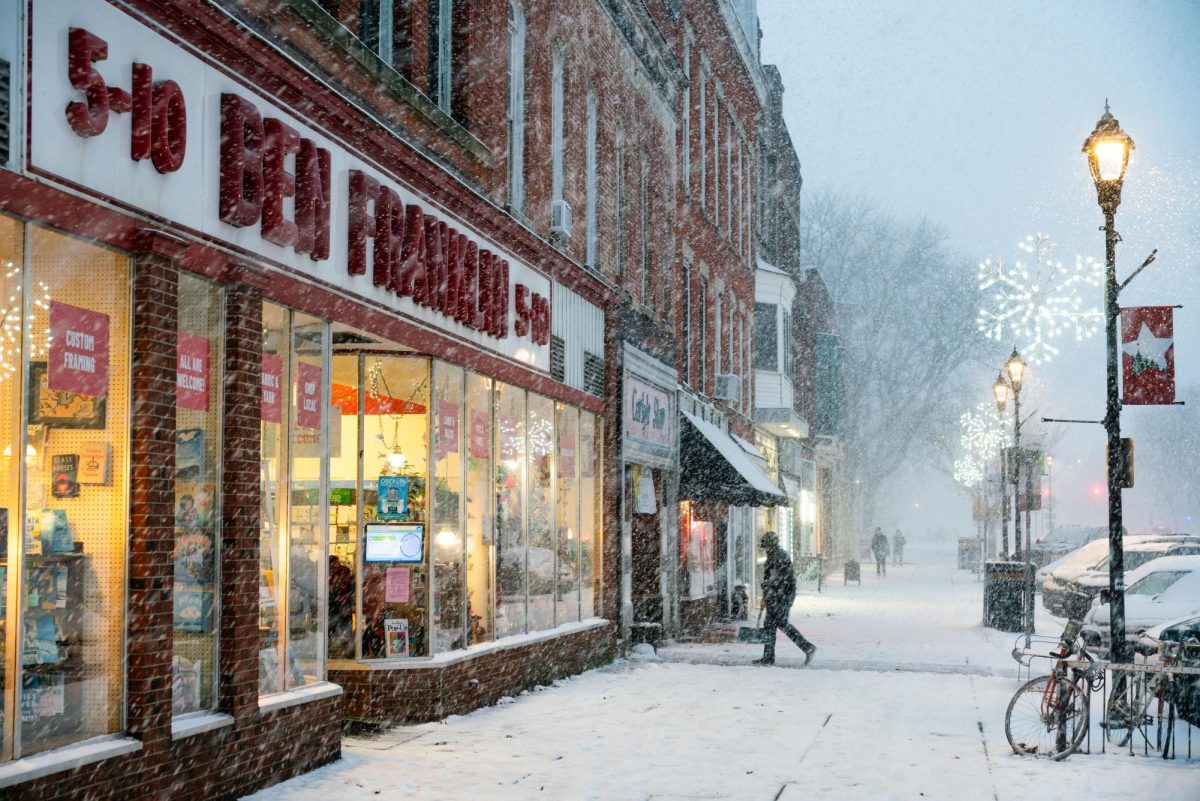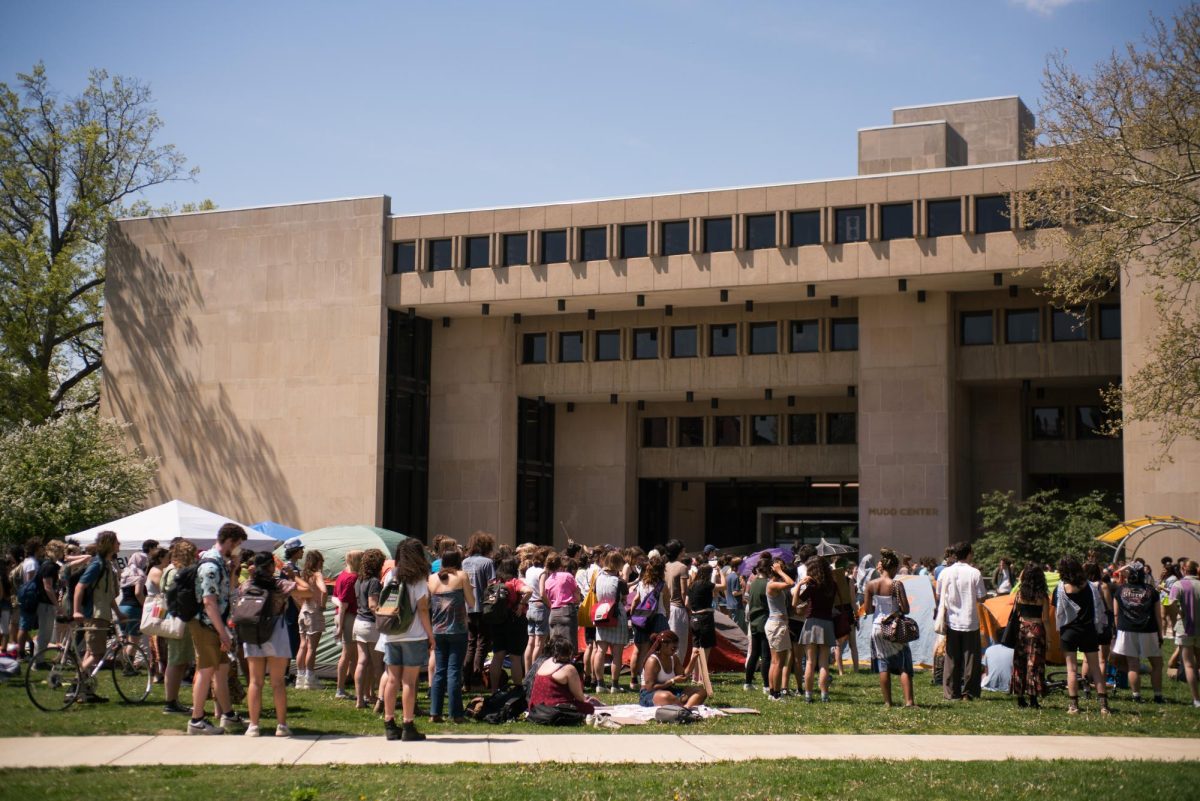One of the reasons I picked Oberlin as the college I wanted to attend was that it is located in a small, seemingly tight-knit town. I liked the idea of being in a place where the members of the community cared for one another, and the college and town, due to their proximity and shared histories, were intertwined. Four years later, I have learned more about that relationship and that it is not what the College often advertises it to be. One of my biggest regrets is that I did not make more of a dedicated effort to connect with community members, local organizations, and Oberlin outside of just the College campus until recently. This is part of a larger pattern. Students, including myself, need to connect with the town and see ourselves as part of the larger Oberlin community.
As an institution, the College does not care about the voices of its students, and even more so, it does not care about the voices in the town and surrounding community. Oberlin College owns a large portion of property in the town, but as a non-profit educational institution, it is exempt from paying property taxes. This means that that money does not get reinvested in the community, and as the College buys more land for new dorms to accommodate a growing student body, the College furthers its reach on the town. Policies like the No Trespass List perpetuate attitudes of an inside/outside community within the College and create a hierarchy where those with more connection to the College feel they have more of a right to be in certain spaces.
Students are complicit in furthering this divide. How many of us put in the effort to learn about what is going on in town or build connections with people who are not other students? In many of our classes, we read theory on community organizing or attend workshops by different departments and student organizations about building connections and doing outreach. But are we actually putting those things into practice?
It is in the College’s best interest to divide the students and the town. United, we present more numbers and power to challenge individual administrators on their tactics of financializing the town for their own profit. It is up to us to make choices to bridge that gap and connect as people, asking what we can do for and with one another to help each other survive.
There are many different ways to get involved with the Oberlin community and the incredible work that is being done in this town. Local organizations such as Oberlin Community Services, El Centro Volunteer Initiative, and Serve the People Akron work to connect people with their communities by addressing the material needs and issues impacting people in this area. The Peace Community Center, located in the basement of the Peace Community Church, is not only a space for the community to meet that can be rented out by different groups, but it is also the home of the Oberlin Free Store for Kids, which has been hugely successful in getting children and families the things they want and need in an accessible and affordable way. Additionally, Oberlin City Council meetings are open to the public and are a great way to learn about the issues impacting the community. The Oberlin Community Events Calendar, which can be found at the Oberlin Business Partnership website, shows a list of many of the events happening in the Oberlin area each day.
There are also many student and community-led organizations that have in-person and hybrid engagement options, that, along with dedicated individuals, are already doing work and cultivating community together. One of the events like this happening this week is the release party for the zine that Students for Energy Justice, the Indigenous Student Council, and the Indigenous People’s Day Committee have put together that focuses on the Indigenous history of this area and the push for Land Back and decolonization. It is being held this Saturday, Dec. 7, at the Cat in the Cream from 1–3:30 p.m. There will also be a Students for a Free Palestine Community Panel Monday, Dec. 9, at the Oberlin Public Library from 6–8 p.m. There will be discussions of solidarity, Palestinian liberation, and the interconnectedness of struggle.
As students, we need to make a better effort in building connections with and caring about those in the Oberlin community. It is not a matter of obligation, nor should we look at it with the condescension of outsiders. Instead, we have to see ourselves as part of this community, even if only for a few years, and make the most of the time we have here to care for and connect with those we share space with.







